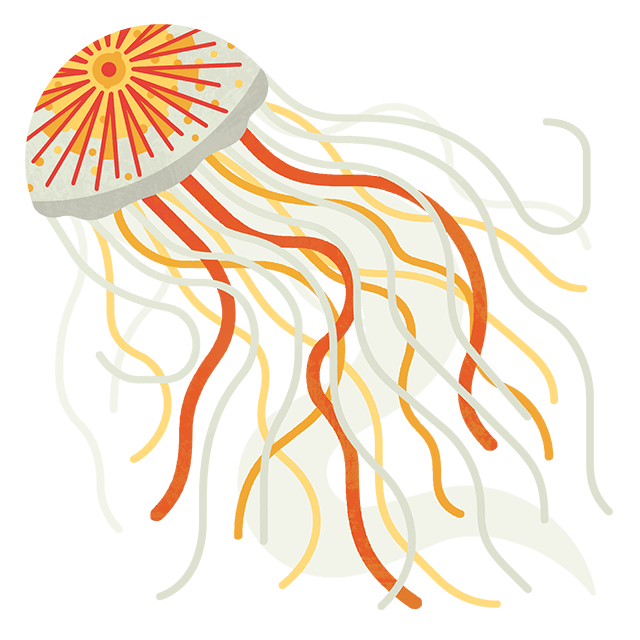
Cromer Shoal Chalk Beds
The Norfolk coast is home to the longest chalk reef in Europe, possibly the world: the Cromer Shoal Chalk Beds. We're working to protect it with the local community.
Our Common Ground Community Voice Method project spent time in Norfolk, Suffolk and Lincolnshire, talking with local people living along the coast about how they connected to, and valued, the sea. Our project played a crucial role in understanding how conservation measures would be received and what more could be done in the region. Now, as a result of the designation of the Cromer Shoal Chalk Beds Marine Conservation Zone causing concern amongst some community members, we are able to put our Common Ground learning to good use with our Agents of Change programme.
The Agents of Change project is working with locals to help managers of the Conservation Zone decide the best way forward, in collaboration with the local community. We're also working to raise awareness of the Cromer Shoal Chalk Beds in local schools and with wider community about the amazing wildlife, seascapes and marine cultural heritage of the area.
Learn more about the Cromer Shoal Marine Conservation Zone.
Our Agents of Change programme is part of the Marine CoLABoration and funded by the European Union and the Calouste Gulbenkian Foundation. Our fishing-environment schools programme in Norfolk is currently funded by Seafarers UK, Norfolk Coast Partnership and the Wash and North Norfolk Marine Partnership.




